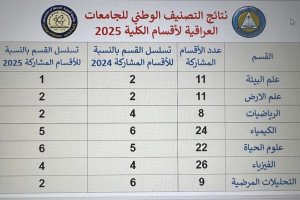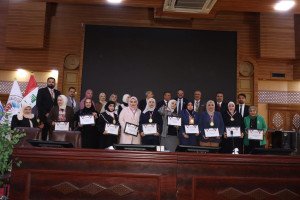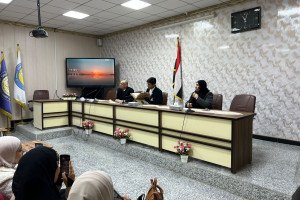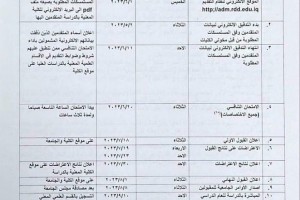
In the current study, different bacterial species were isolated that showed their ability to produce biosurfactants, six bacterial isolates were recorded as new strains and deposited in NCBI Genbank. Pseudomonas aeruginosa showed high activity and efficiency in the production of biosurfactants, which were identified as rhamnolipid. The results showed its anti-oxidant activity, as well as the cytotoxicity of rhamnolipid was examined, where no hemolysis at lower concentrations. The rhamnolipid showed an effect against all pathogenic microorganisms tested in the current study at different concentrations.
The production of rhamnolipid was improved by applying genetic engineering techniques to Pseudomonas aeruginosa isolate to generate genetically modified bacteria that gave a significant increase in production higher than the original isolate.
The current study recommended doing more studies on the biosurfactant producing bacteria that are isolated from the environment and the isolates study genetically to increase their production and use in different applications.







